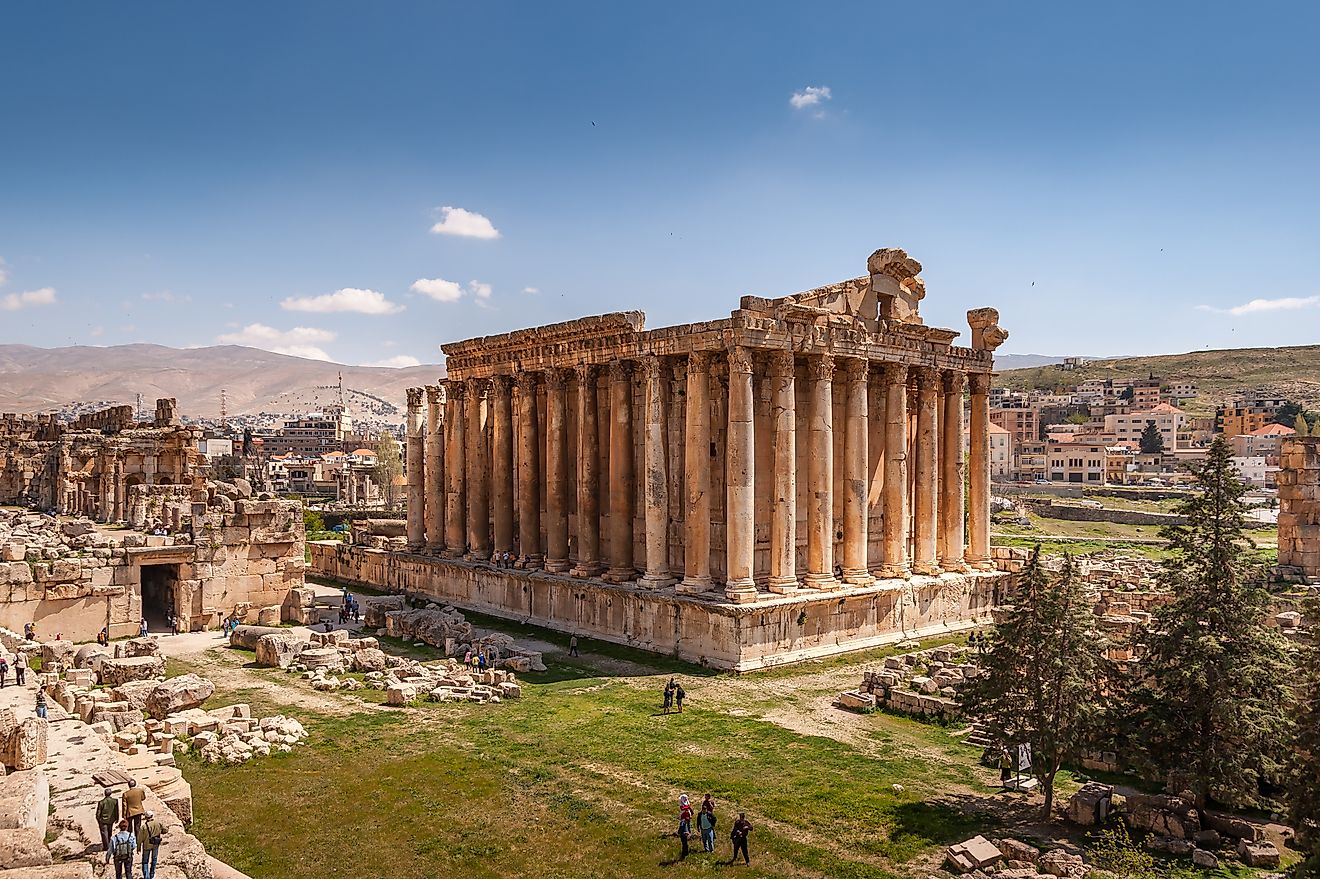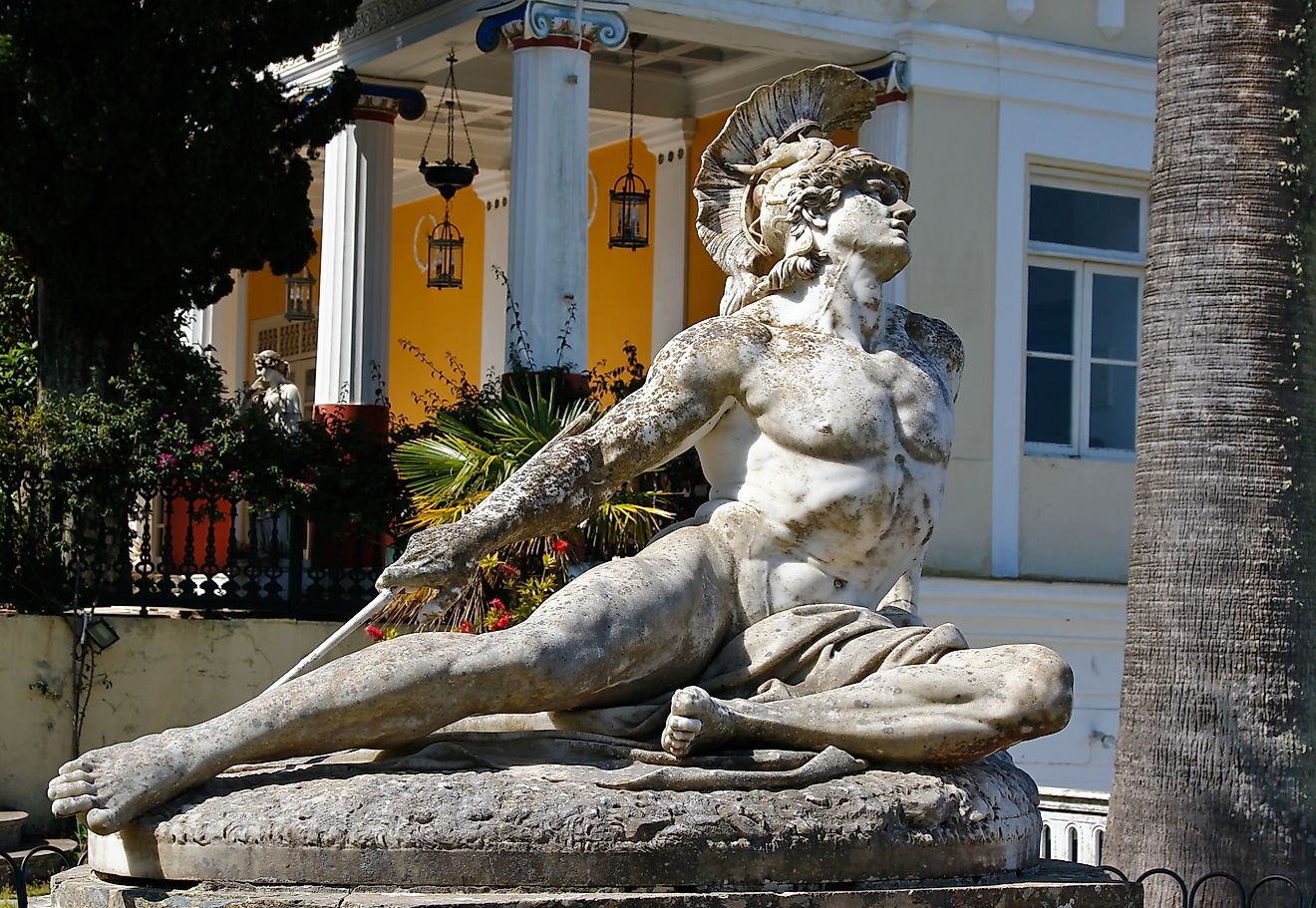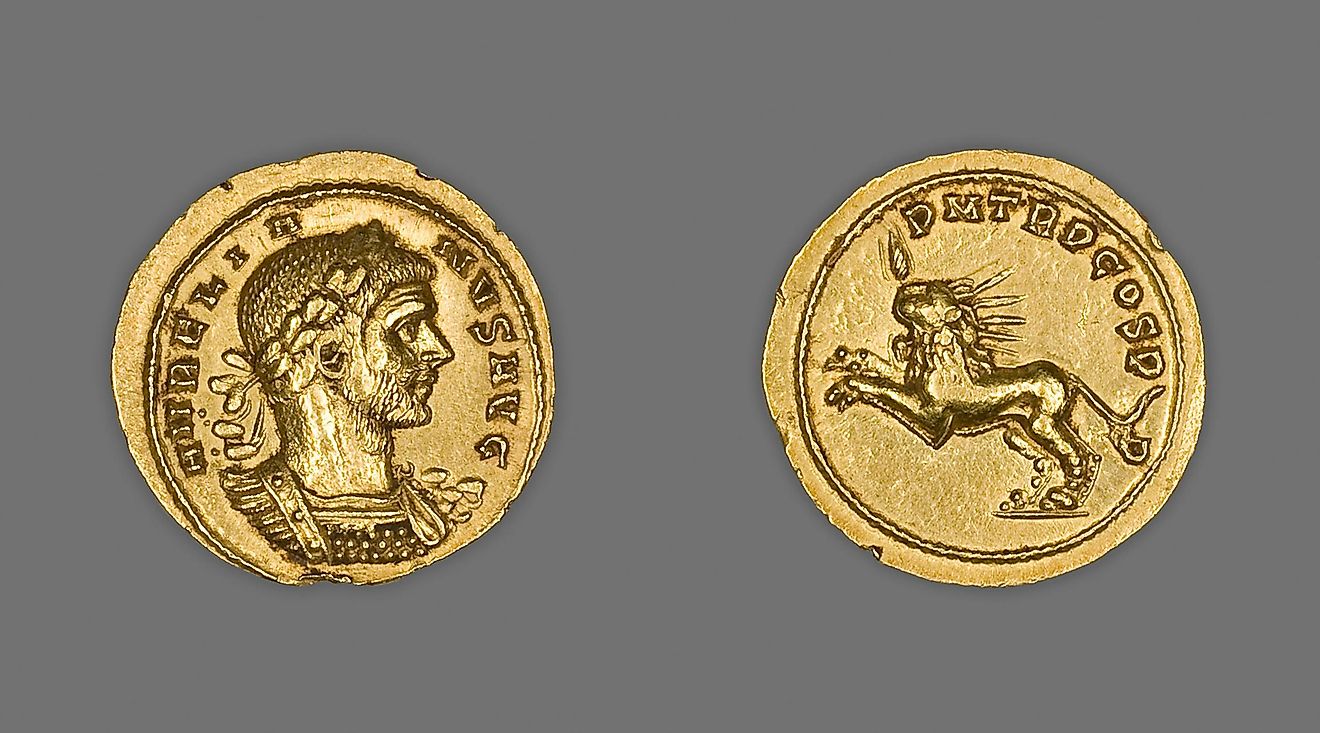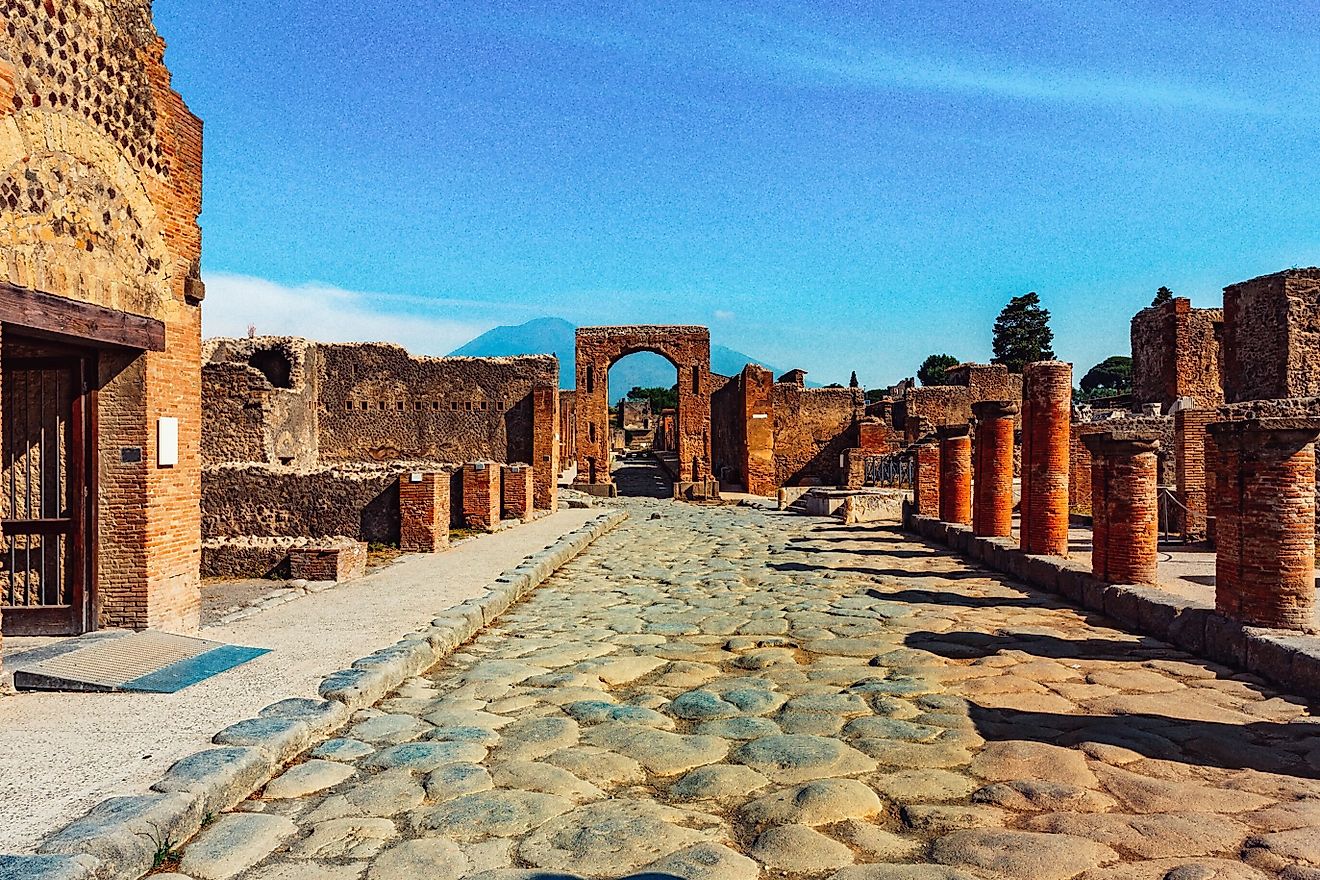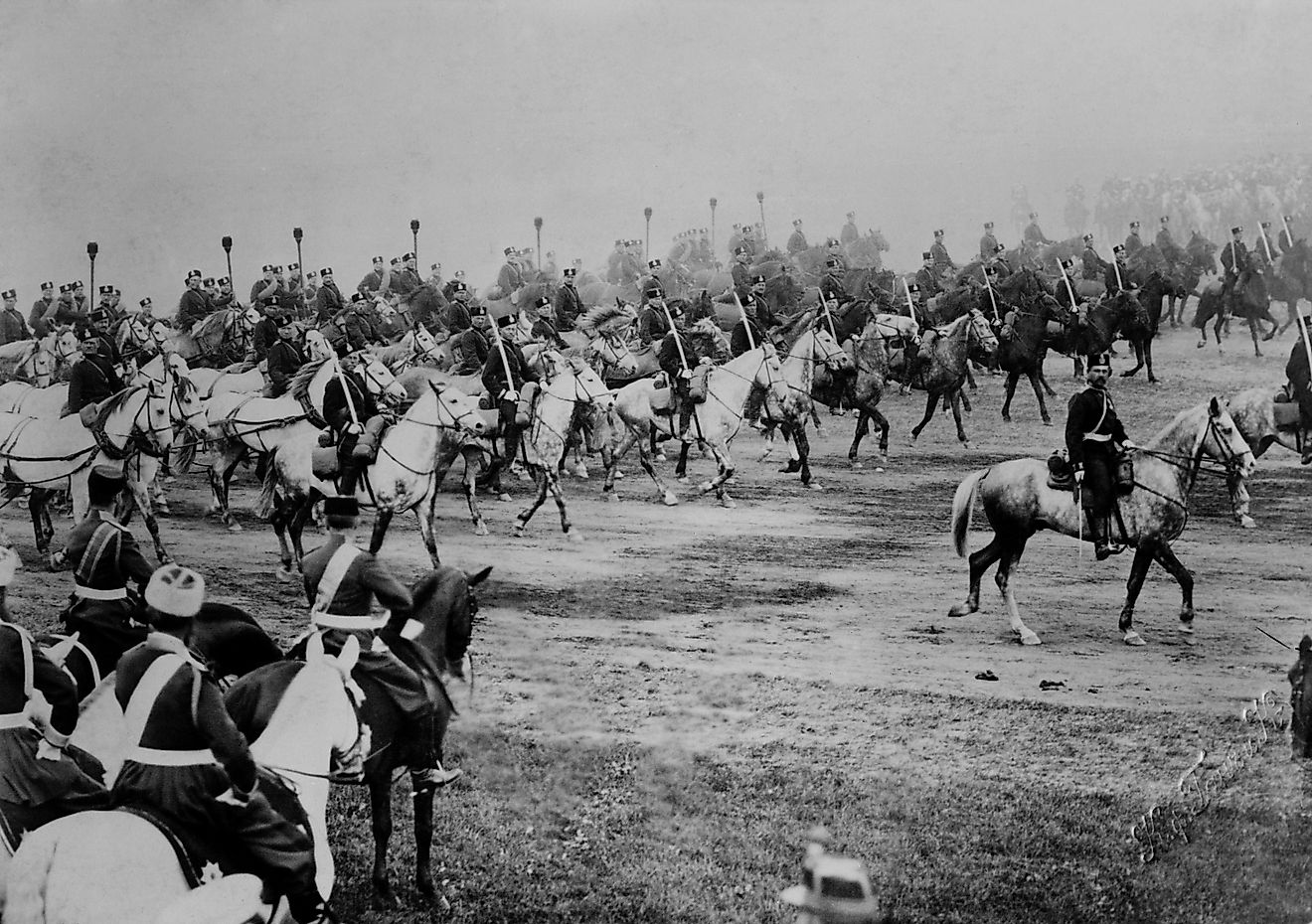
7 Interesting Facts About Ancient Greece
Ancient Greece was one of the first important civilizations in Europe. It brought many big contributions to the world, such as philosophy, literature, theatre, and sophisticated sculptures and architecture, to name a few. Greek culture influenced so much of our modern society, and many are unaware of the things owed to their discoveries and traditions. Here are seven interesting facts about Ancient Greece.
1. The Origin of the Country's Name

Something not everyone may know about Ancient Greece is that its inhabitants did not name it that. The Greeks called their nation "Hellas" or "Hellada", and themselves "Hellenes". The country's official name was the Hellenic Republic until the Romans came up with the word Greece, which originates from the Latin word Graecia, or "land of the Greeks", and the name stuck around.
2. The Very First Marathon

Many already know of the history of the Olympic games that were initially held in Olympia to amuse the public, and have ever since become a tradition carrying into the modern world. But did you know that the very first marathon did not initially stem from sheer public entertainment?
In reality, a man called Pheidippides, a soldier from the battlefield near Marathon, ran 26 miles from the city to Athens in order to announce the news of the victory of the battle of Marathon. Upon his arrival, he delivered the message "Niki!" (or Victory!) before collapsing and dying due to the distance and severe dehydration. His sacrifice was a memorable one, thus beginning the tradition of the races still held today.
3. The Invention of the Alarm Clock

While some view this particular invention as the bane of their existence, the alarm clock remains a very useful tool. Created by a Hellenistic engineer named Ctesibus, one of the first variations of the alarm clock featured an elaborate system of dropping tiny pebbles onto a gong in order to make a loud sound. The sound would occur at specific times in order to wake people up or to remind them of events happening throughout the day.
4. They Made Their Umbrellas out of Bones

Being exposed to the elements could not have been pleasant in Ancient Greece, but its inhabitants were creative, finding ways to protect themselves from the rain. The oldest references to umbrellas are from drawings found in ancient wall paintings. They show Greeks using umbrellas made of wooden sticks or even bones, covered with leaves or wood panels.
5. Ancient Greeks Used Stones for Toilet Paper

Ancient Greece may have come up with many cool inventions, but the lack of toilet paper back in those days did not result in the best substitute. There are many things people have used over the centuries in place of toilet paper, including leaves, coconut shells, wool, or plain water, but the Greeks had another system. They used flat stones, pebbles, or ceramic pieces, (also called pessoi) which was probably as painful as it sounds. According to the British Medical Journal, the use of pessoi may have caused skin irritation and external hemorrhoids over time.
6. Ancient Greeks Added Water to Their Wine

Wine has always been an essential part of festivities, especially for the Ancient Greeks. According to their mythology, Dionysus, the god of wine, was the only being that could drink wine without ever getting drunk. For mortals, however, getting drunk was a habit only suited to barbarians. They feared that alcohol made men violent and angry, and they would only drink their wine mixed with water, in order to delay its effects and be able to keep drinking while remaining sober (or so they believed).
7. Handshakes Originated in Ancient Greece

Relief of the goddesses Hera of Samos, left, and Athena, right, shaking hands. Image credit: Arno Senoner via Unsplash
The earliest depiction of a handshake was actually on an early 5th century B.C. archaeological relief, showing the wife of Zeus and goddess of marriage, Hera, shaking hands with Athena, the goddess of war in ancient Greek mythology. It was a symbol of peace, to show that neither side was carrying any weapons and that they were coming together. (Though back then, the handshake was more of an arm grab.)
Through time, it became a polite greeting gesture, and handshakes are now a common custom all over the world.
In Summary
Ancient Greece went through many transformations since, and many of its inventions are still used today. Despite the great impact Greece had on our world, there still exist misconceptions about the country's history and culture. Hopefully, this article shed the light on some of them and provided you with interesting facts about Ancient Greece.
